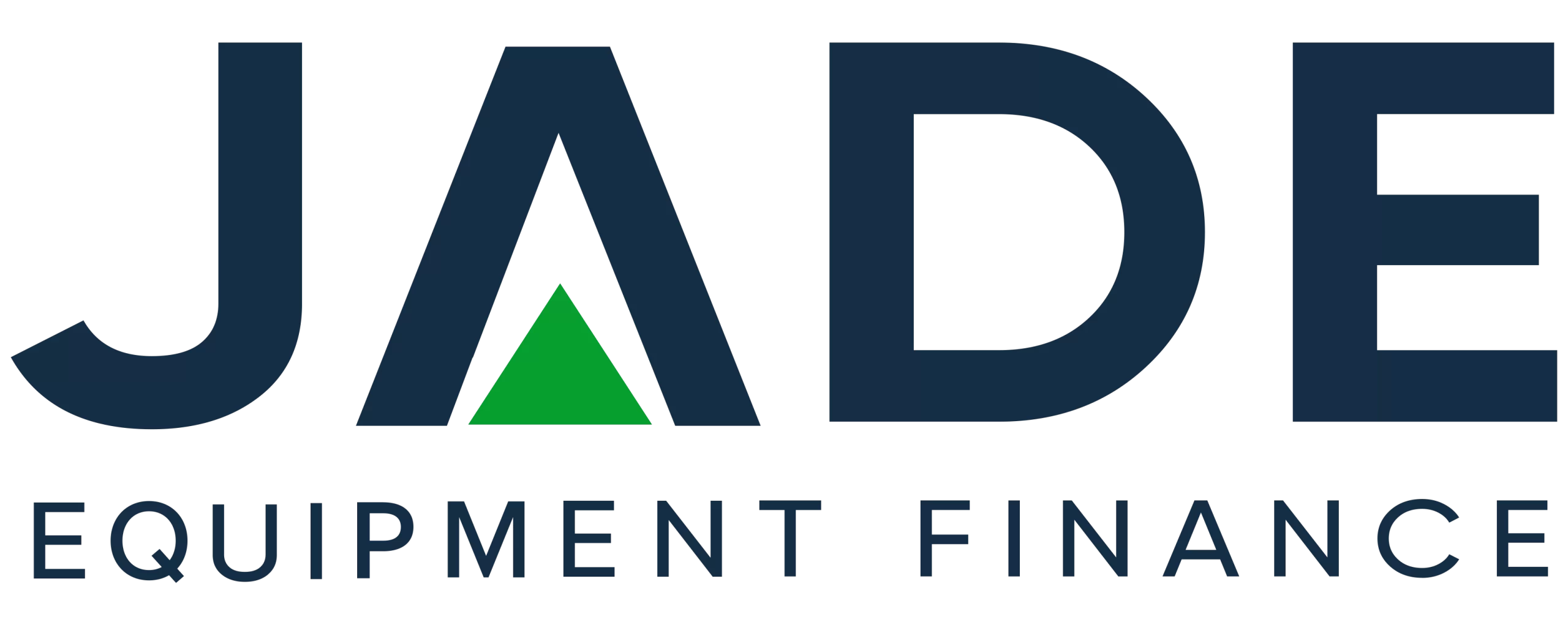Read the room? Yes, we appreciate that businesses are dealing with a lot right now. Recovering from two years of COVID-19 disruptions, facing significant pressures from rising prices, dealing with material shortages and for many, rebuilding from flood damage. But beyond attending to the immediate issues, it can be worthwhile to spend some time looking ahead and taking action in the build-up to the end of financial year. To realise some tax benefits from acquisitions in this financial year and to realise other gains, securing cheap machinery finance now could be a smart move.
The 30 June EOFY deadline might be just over 3 months away, but with shortages in supply of some machinery caused by supply chain and global issues and with an interest rate rise imminent, are strong reasons to expedite machinery and equipment acquisitions. Add to that the current tax measures in place and the case mounts for prompt action.
The selection of finance product is an important part of the machinery purchase process. While all business finance will have tax deductible elements, there are variations across the range which should be considered in the context of the individual business operation.
To assist business owners to quickly get across the differences in machinery finance products in order to achieve an optimum outcome and how to secure the cheapest loan, we provide this general guide.
Tax Benefits of Equipment Finance
To finance plant, machinery and equipment the main finance products available and widely-used include:-
- Chattel Mortgage. Some banks now refer to this finance as Equipment Loan
- Hire Purchase or more specifically, Commercial Hire Purchase
- Equipment Leasing or Equipment Lease
- Rent-to-Own, Equipment Rental and Rent to Buy – different terms for the same finance product which is a loan type where ownership of the equipment can be achieved. Different from the short-term hire of equipment.
Jade Equipment Finance offers this full selection of loan types which can be used to finance a wide range of plant, machinery and equipment across most industries.
There are differences in finance products in regard to which elements of each loan are tax deductible and when in the financial year a tax benefit can be claimed. Rather than create too much confusion, we’ll highlight these differences by comparing Leasing and Chattel Mortgage as they are most commonly-used finance products.
- The interest portion of the finance is tax deductible for all loan types.
- The monthly equipment finance repayments are fully tax deductible for Equipment Lease as they are considered an operating expense. With several months left in this financial year, the opportunity presents for businesses that purchase machinery with Leasing to claim several months of repayments in the 21/22 tax year. The same principle applies to the residual.
- With Chattel Mortgage the situation is different from Lease. The full amount of monthly finance repayment is not considered tax deductible, only the interest as mentioned above. The main tax benefit of this finance type is realised through depreciation of the plant or machinery in accordance with the current ATO rulings. A set percentage of the equipment value is deducted as a tax claim each year over a set number of years. This includes any balloon which is included in the finance contract.
- GST is also a tax and is also treated differently between Chattel Mortgage and Leasing. With a Lease, the monthly lease payments have the GST added. The business can then claim that on the appropriate BAS return.
- The way GST is treated differs for Chattel Mortgage. The total GST payable on the machinery purchase price can be claimed back on the BAS return corresponding to the timing of the purchase. For businesses that take out a Chattel Mortgage in the April-June quarter that means a potential significant amount of GST could be claimed. Possibly substantially reducing the amount payable at the end of July.
Businesses that expedite equipment acquisitions prior to 30 June may stand to realise significant tax deductions in the current financial year.
Current Asset Acquisition Tax Measures
In addition to the tax benefits which are always available through different types of finance products, there is currently an additional and very attractive benefit available – temporary full expensing. This tax measure, which essentially evolved from Instant Asset Write-Off, has been a real talking point and motivator over the past few years.
Introduced by the Federal Government to stimulate business investment and thus the economy during the pandemic, this tax measure is available to eligible businesses through to the 22/23 financial year. But for businesses wanting to claim the tax benefit in this financial year, the equipment must be purchased and operating in the business prior to 30 June. Those interested should check the eligibility criteria.
Chattel Mortgage is consider the most suitable finance product for business operators intending to take advantage of this measure. Advantageously, this form of finance also attracts the lowest interest rate across the equipment finance selection.
Interest Rates on Machinery Finance
Interest rates – a smooth lead-in to another reason for businesses to seriously consider acting on their machinery acquisitions. There are strong indications that the RBA will move on rates this year. How soon? Keep an eye on the outcome of the April RBA Board meeting for the bank’s outlook.
By reaching out to us for cheap machinery finance at the current low interest rates asap, businesses may benefit in reduced costs of finance compared with waiting until after rates rise.
There are other considerations for businesses in regard to choice of loan product and these should be discussed with the business accountant.
So there is quite a few compelling reasons to speed up machinery acquisitions to realise tax benefits in this financial year and take secure finance prior to a rate rise.
Contact Jade Equipment Finance on 1300 000 003 for cheap machinery finance.
DISCLAIMER: IF MISINTERPRETATIONS, MISREPRESENTATION OR ERRORS EXIST IN THIS ARTICLE, NO LIABILITY IS ACCEPTED. THE INFORMATION IS PROVIDED ONLY FOR GENERAL PURPOSES AND NOT IN ANY MANNER INTENDED AS THE ONLY SOURCE FOR MAKING FINANCIAL DECISIONS. THOSE THAT CONSIDER THEY REQUIRE ADDITIONAL GUIDANCE OR ADVICE SHOULD REFER TO AN INDEPENDENT FINANCIAL ADVISOR.


